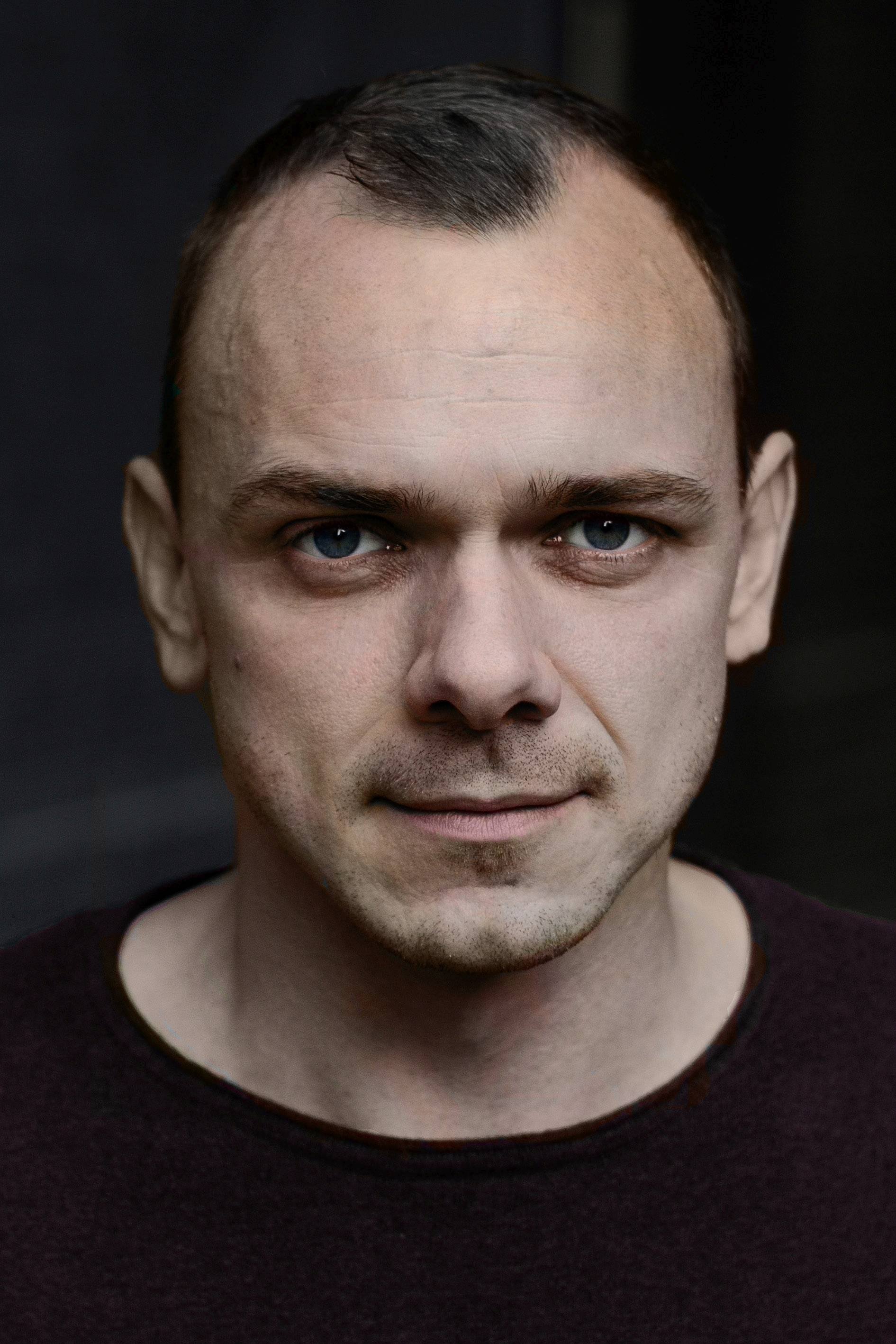
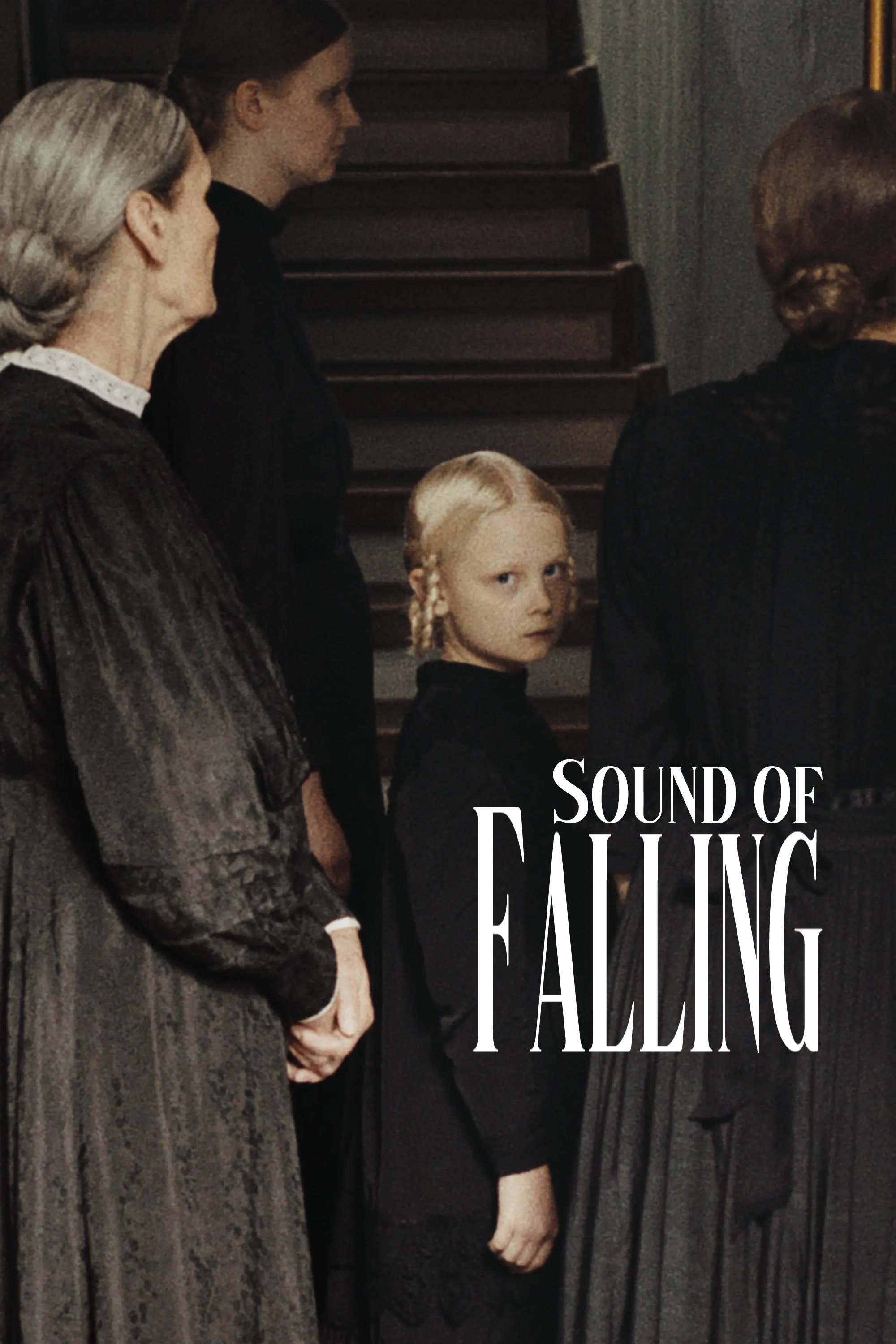
Over the course of a century, as four girls from different time periods experience their youth on a German farm, their lives become intertwined until time seems to dissolve.
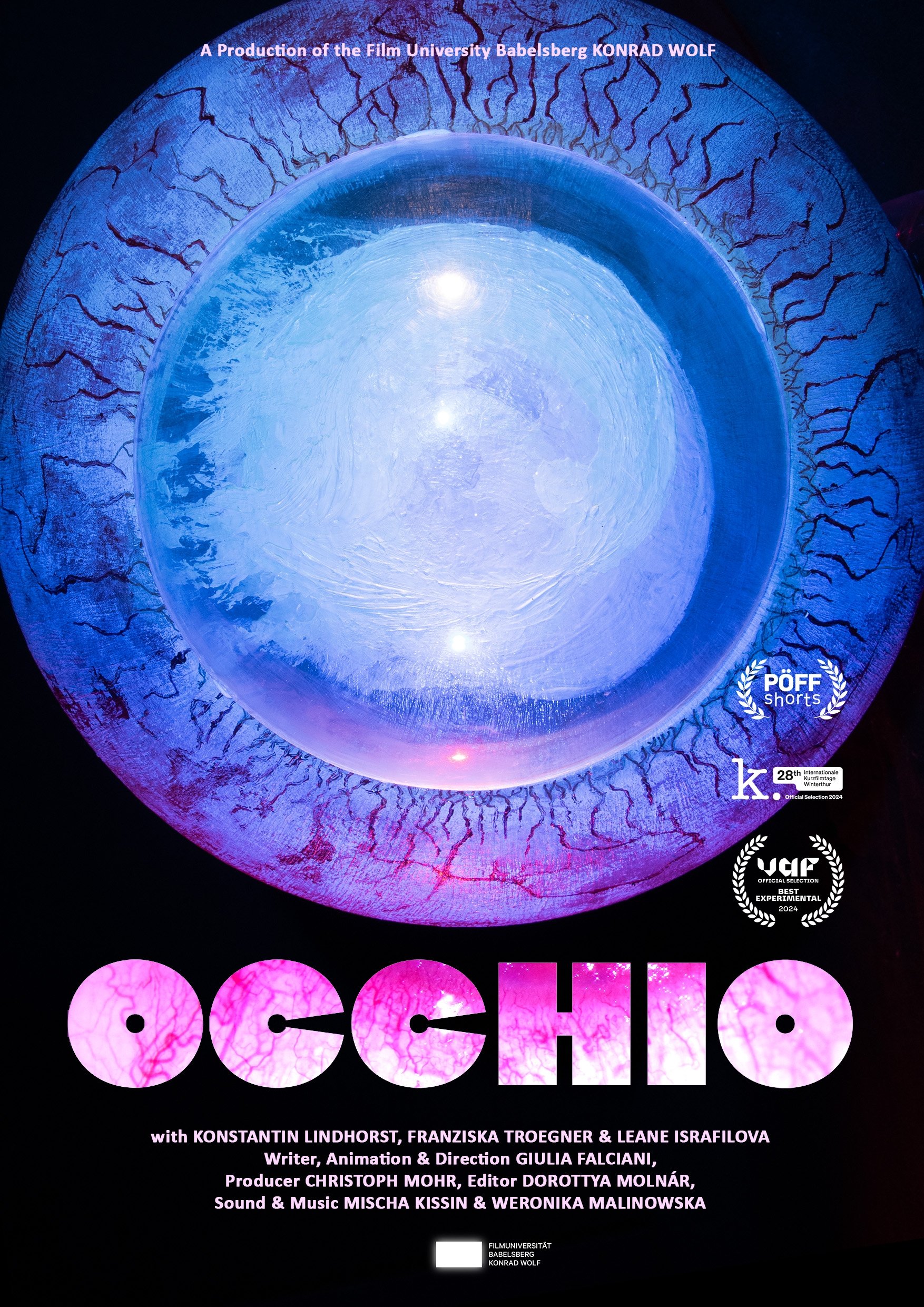
An important sensory organ, the eye, is damaged. The exhausting healing process takes us on an inner journey full of pain, fragility and mental unrest, in which even superstition and witchcraft seem to have an influence on recovery.
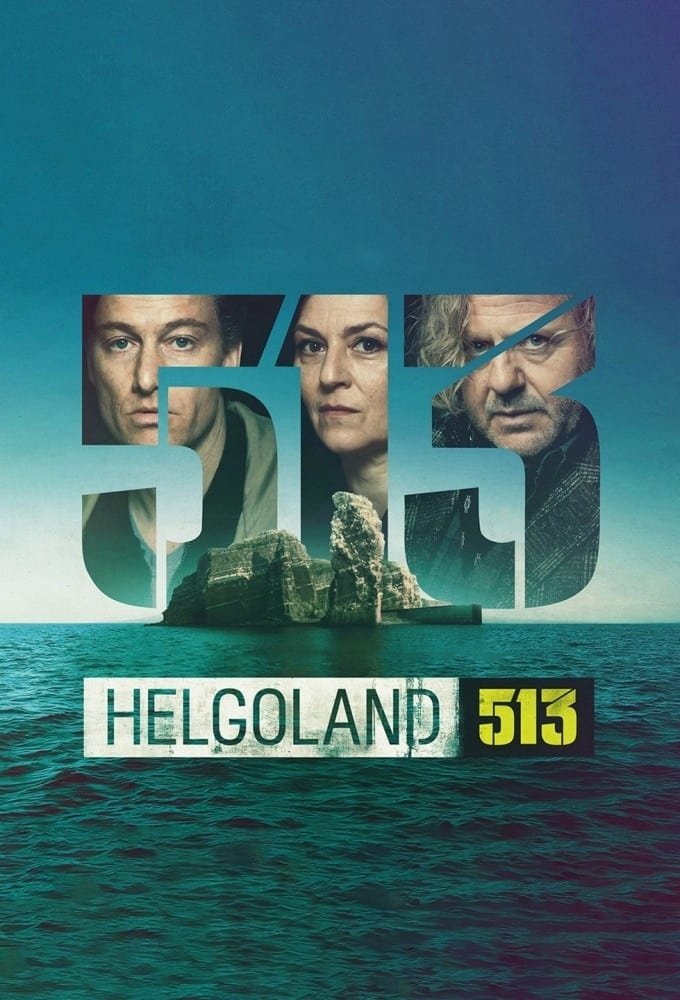
Helgoland. Here, on Germany's only offshore island, a small community of survivors of an apocalypse that has overrun the rest of the world and plunged it into chaos is holed up. But the price of their survival is high. The resources on the rocky island are scarce, so that an inhumane "social ranking" system determines the lives of the 513 inhabitants: each islander is evaluated according to his usefulness. The only doctor is high on the list, others are far behind, and they have to fight for their place on the list and their survival. Meanwhile, people from the mainland are trying to get to Helgoland and the Helgolanders have to defend their island.
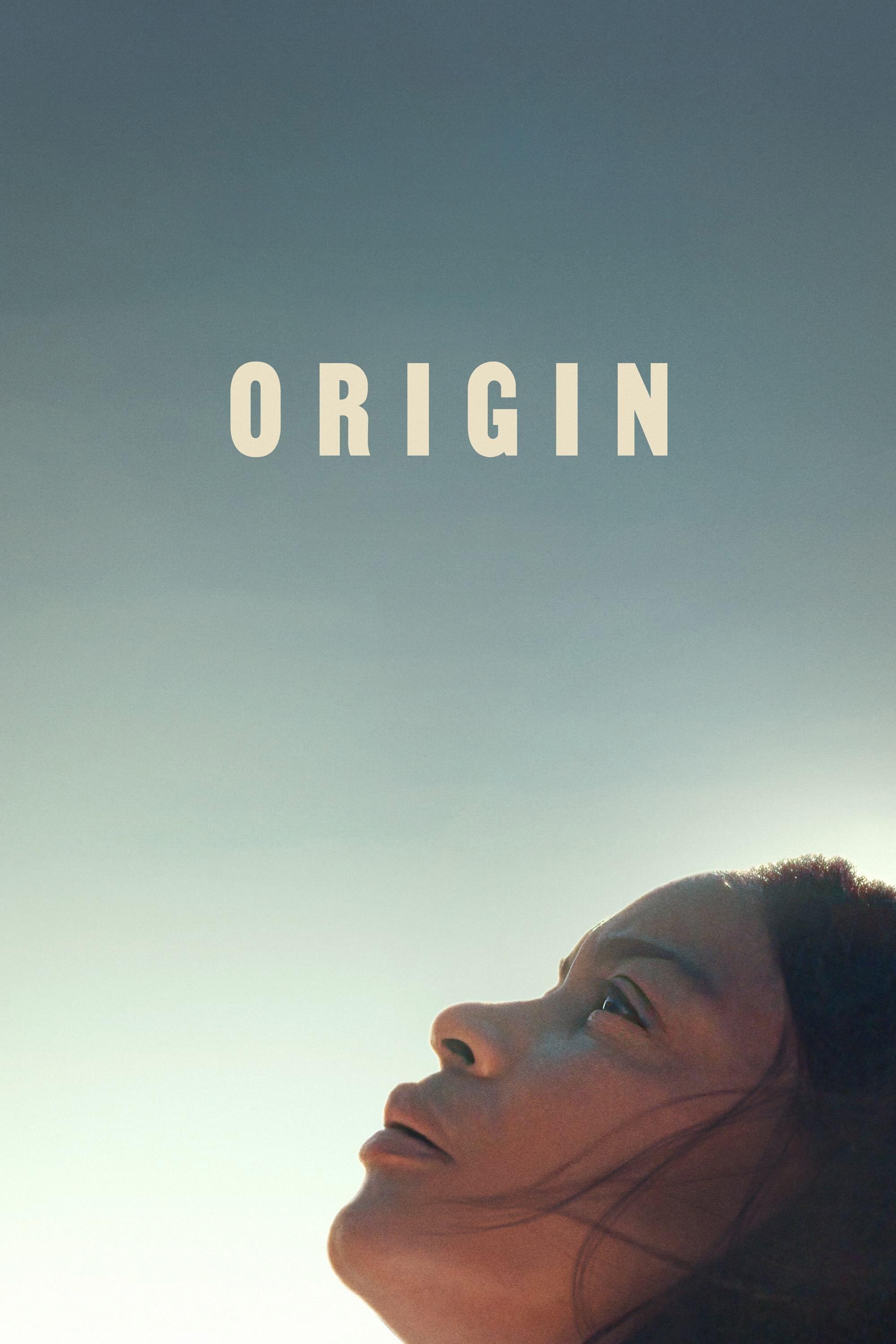
While investigating the global phenomenon of caste and its dark influence on society, a journalist faces unfathomable personal loss and uncovers the beauty of human resilience.
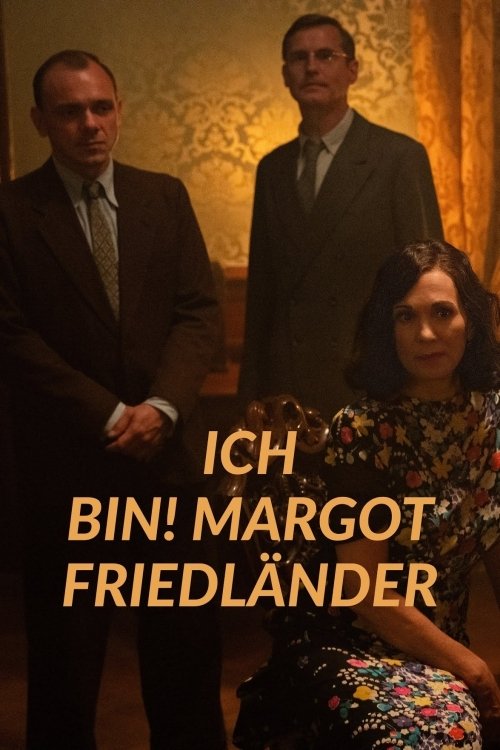
The documentary tells the life story of Margot Friedländer, a 101-year-old Berlin native who survived the Holocaust and was awarded the Federal Cross of Merit, First Class, in January of this year.
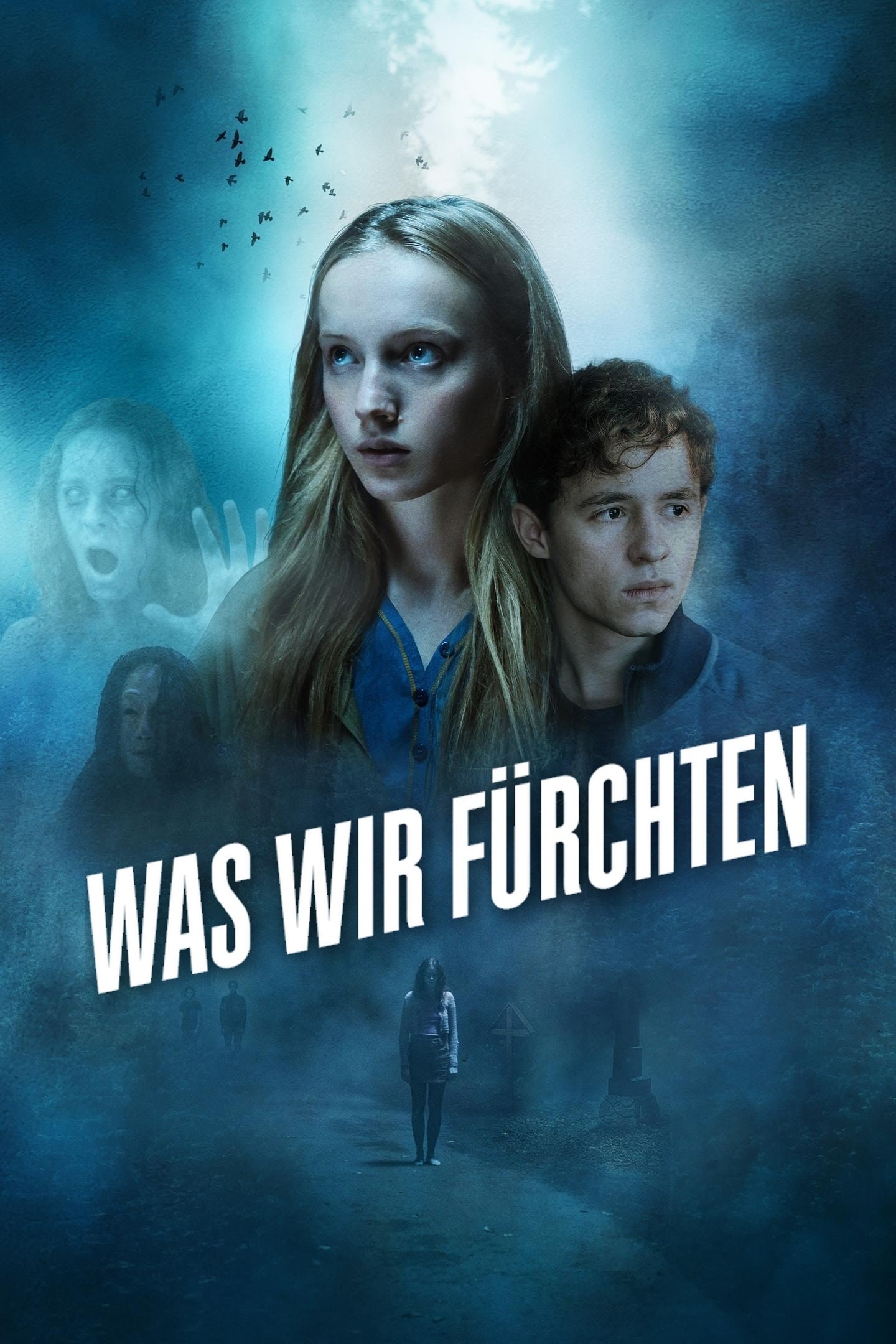
Will the truth come out? Seventeen-year-old Lisa and her mother Franka move to the idyllic Black Forest because Lisa is suffering from panic attacks. But on the anniversary of a school shooting at the local high school, another tragedy occurs.
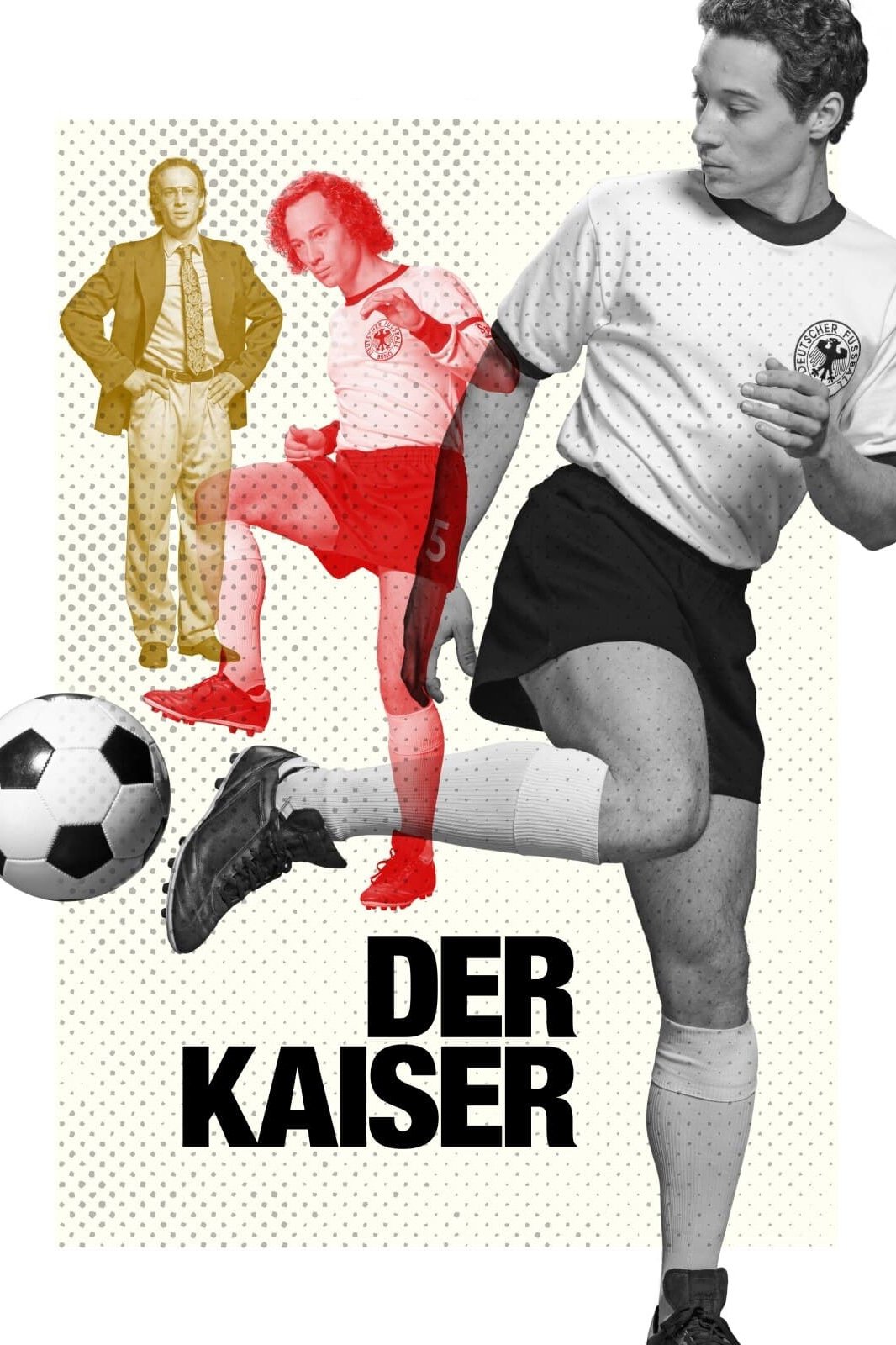
Biopic charting the career of legendary German footballer Franz Beckenbauer who won the World Cup as a player in 1974, and then as the West German team's coach in 1990. Taking place against the backdrop of the stunning global tournaments, the film depicts a man who railed against the rigid structures and outdated rules in football and fought to conduct his private life as he wished, outside of the moral constraints and expectations of the time.
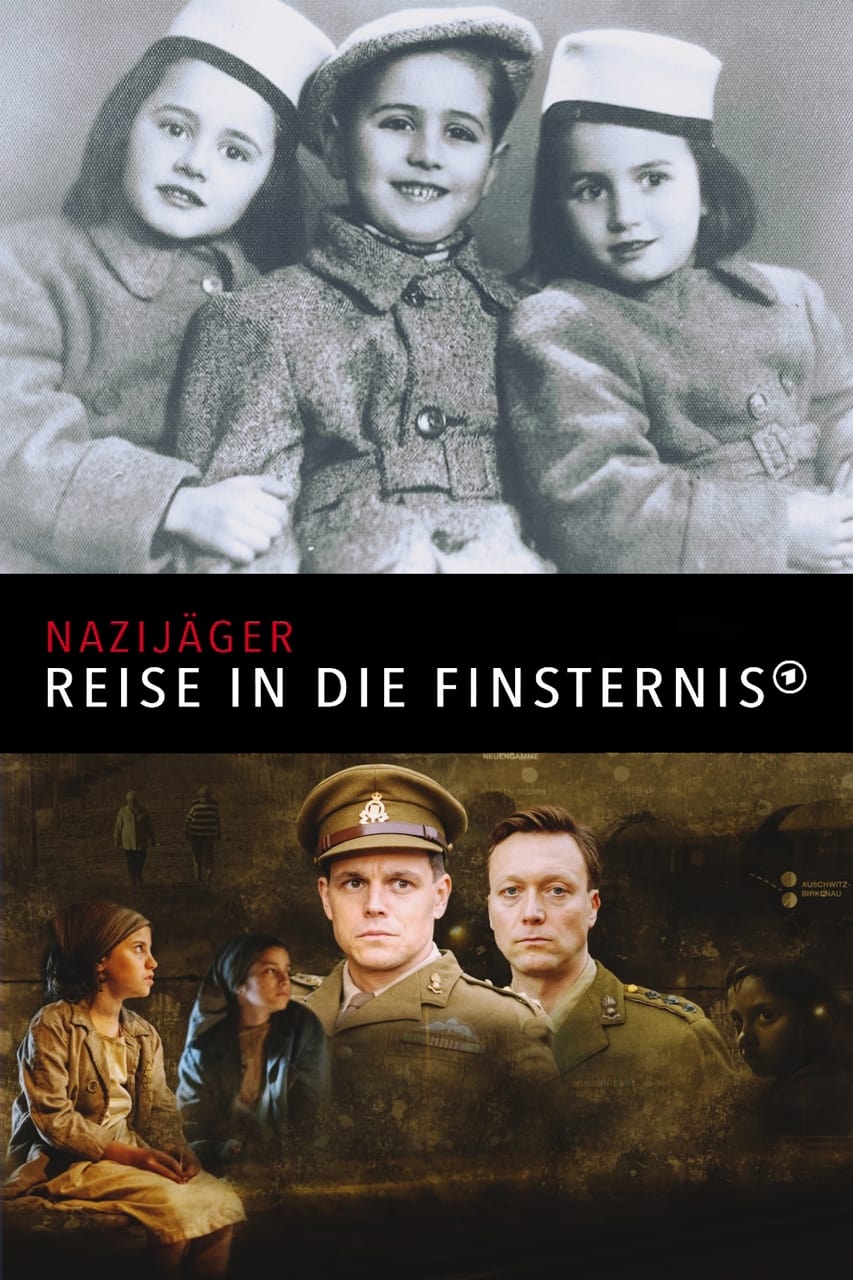
Shortly after the end of the Second World War: In 1945 and 1946, the men of the British "War Crimes Investigation Unit" drove through northern Germany on the hunt for Nazi criminals. One of them is Captain Anton Walter Freud, the grandson of Sigmund Freud, the founder of psychoanalysis. Anton Walter Freud fled to London with his family from the Nazis in 1938. Now an intelligence officer, he's back to track down killers on Allied wanted lists: hitmen in pinstripes, brutal SS henchmen, and ruthless doctors who conducted medical experiments even on children. The soldiers who witnessed the liberation of the Bergen-Belsen concentration camp months earlier are not squeamish about it. 24-year-old Freud is a free spirit known for his unorthodox methods. He knows how to make war criminals talk. So he comes across a crime that has hardly been known before, the murder of 20 children in Hamburg in the last days of the war.
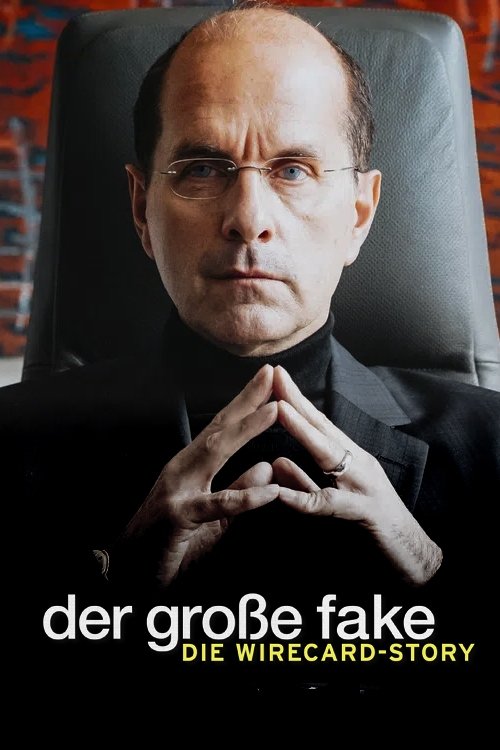
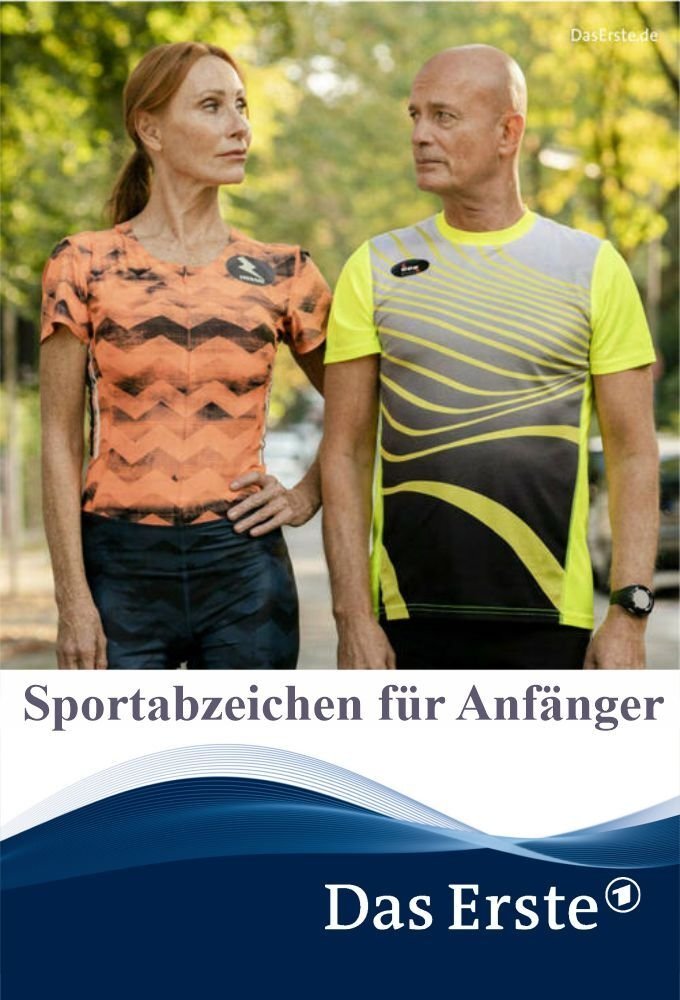
By browsing this website, you accept our cookies policy.